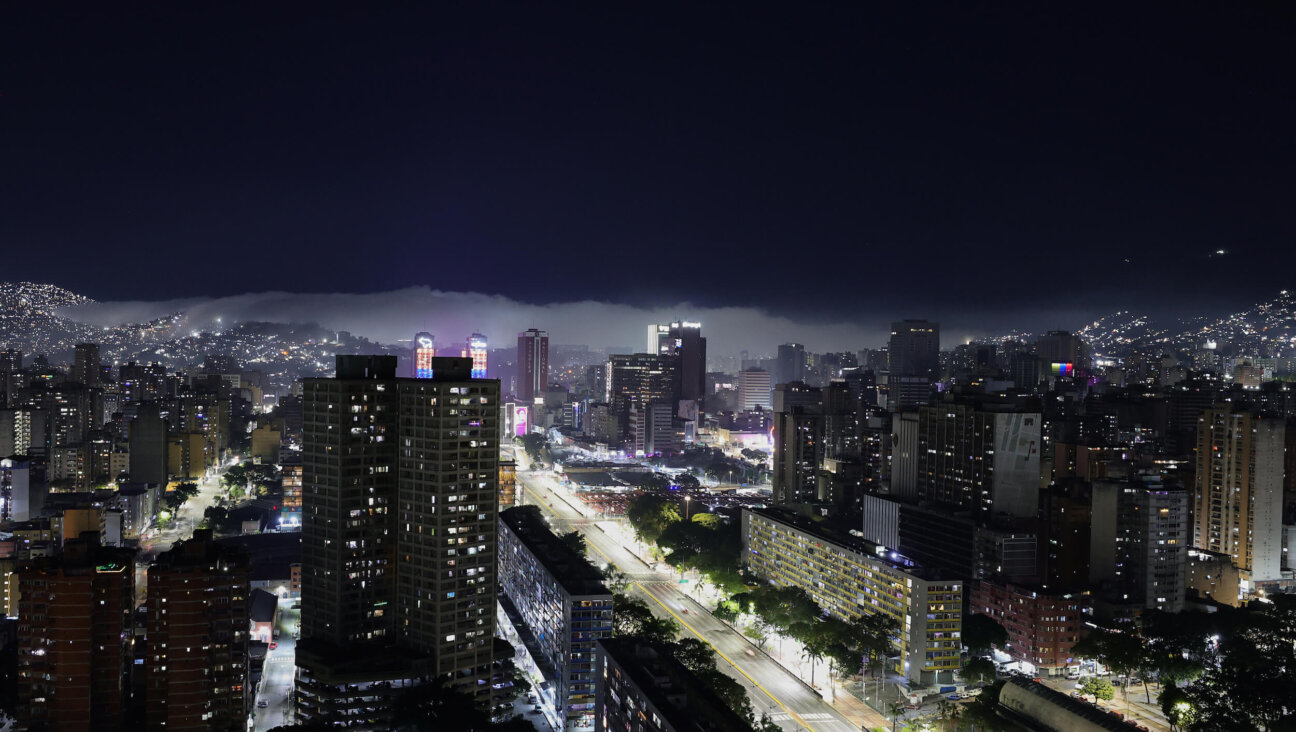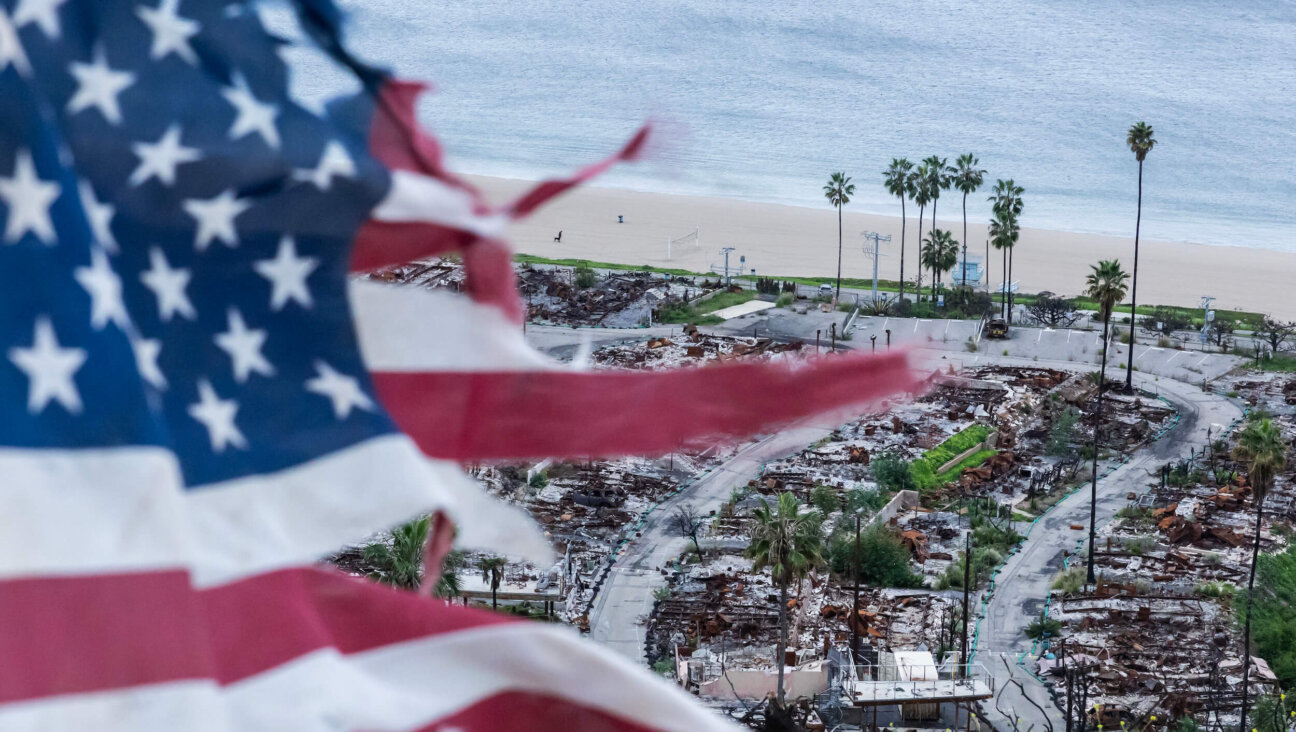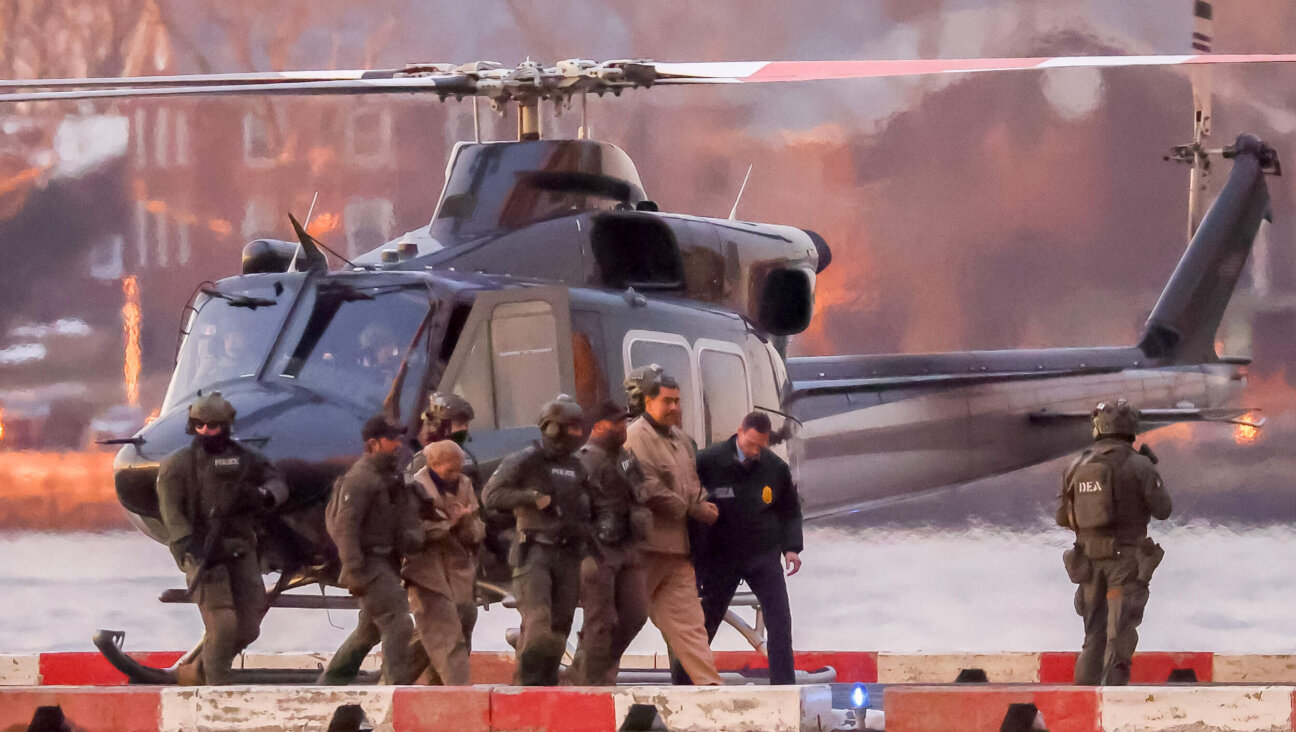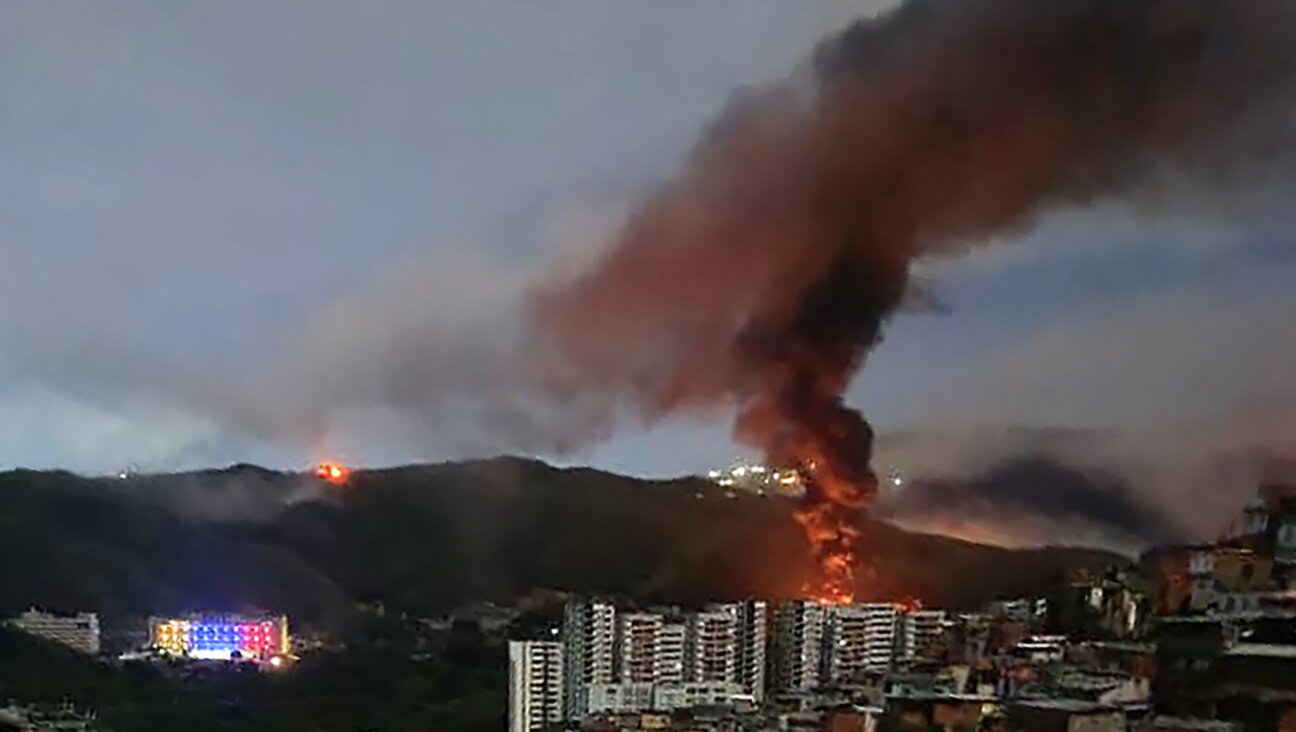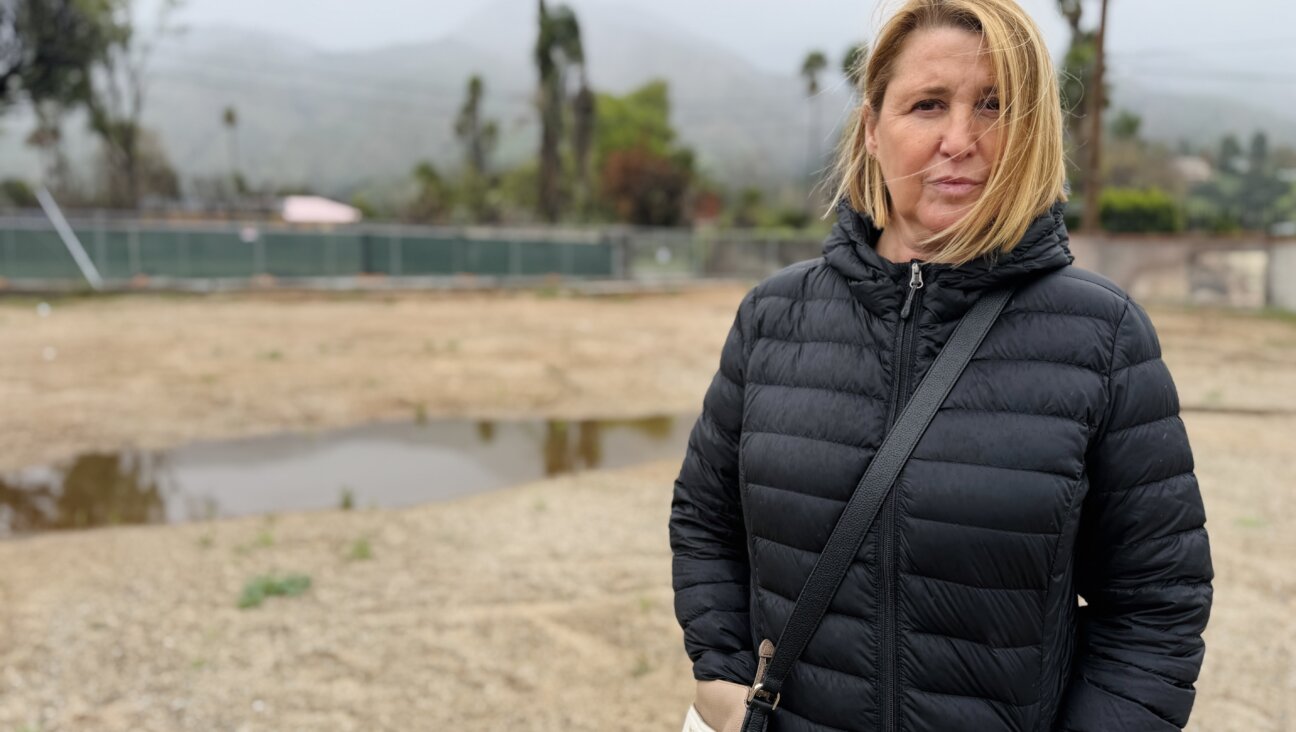The Gaza Fence
Gaza’s convulsions have kept much of the world community riveted in horrified fascination for the past month, wondering what it all means and what could possibly happen next. Scenes of Palestinians leveling the barrier wall along the Gaza-Egypt border, flooding across by the tens of thousands and overwhelming Egyptian security forces, have provided some of the strangest news reports in years.
It’s hard to remember now, but just a few weeks ago, Israelis and their friends could speak of little else besides the rocket attacks on the Israeli town of Sderot. Talks with Mahmoud Abbas and his Palestinian Authority, frantically promoted by the Bush administration, seemed ever more pointless as Abbas proved incapable of maintaining order.
Gaza, the source of the rocket fire, was viewed as an angry, militant quagmire, abandoned by Israel in August 2005 and taken over by Hamas in June 2007. Israel’s response to the Hamas takeover, blockading Gaza and locking down its 1.5 million inhabitants, was seen as the least the Palestinians deserved.
More and more Israelis were deciding that the 2005 disengagement had been a mistake, and that border fences had been proven useless for protecting Israel. Israelis from the vegetable market to the Cabinet table were talking about the inevitability of reoccupying Gaza to crush the rocketeers.
All that changed January 23, when Hamas breached the Egyptian fence. Suddenly Hamas looked like a more resourceful and formidable enemy than ever. As Palestinians entered and left Egypt through the breached border day after day, the idea of reoccupying Gaza faded. Israelis began talking about leaving Gaza for Egypt to worry about.
And then, this week, the talk came full circle. A pair of suicide bombers struck the southern Israeli town of Dimona. It was, as Hamas pointed out, the first suicide attack by Hamas inside Israel in three years. It reminded Israelis of the awful carnage wrought by suicide bombings when they were commonplace and how their lives had improved since the attacks ceased.
The bombers were first reported to have come from Gaza, entering Egyptian Sinai through the breach and from there across the desert border into Israel. Reports the next day said they had come from Hebron in the southern West Bank. No matter: The two borders, from Sinai and from Hebron, are alike in that they are not fenced. Now all of Israel wants to know why not. In short order, Israelis will go the next step and ask why their government has not explored Hamas’s standing offer of a cease-fire. Life was better when Hamas did not send suicide bombers.
That is what the events of the last month teach us: Negotiating works, if it is pursued. Fences work, if they are maintained. Pounding the enemy only makes the enemy want to pound you back.
